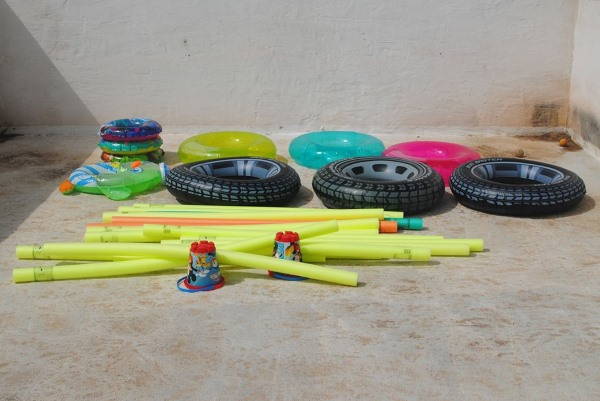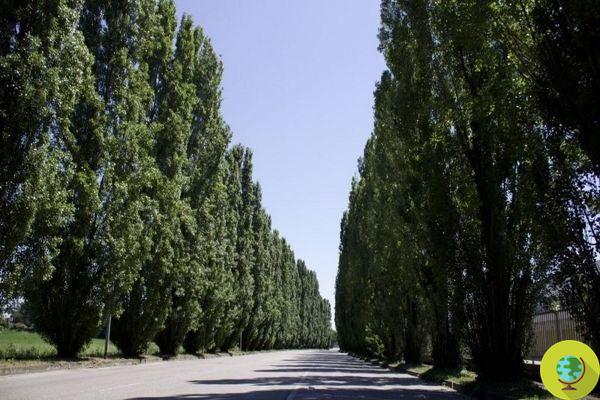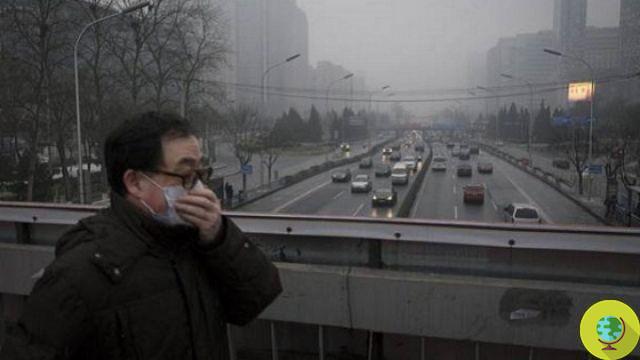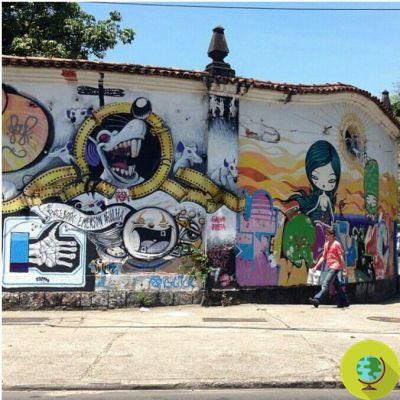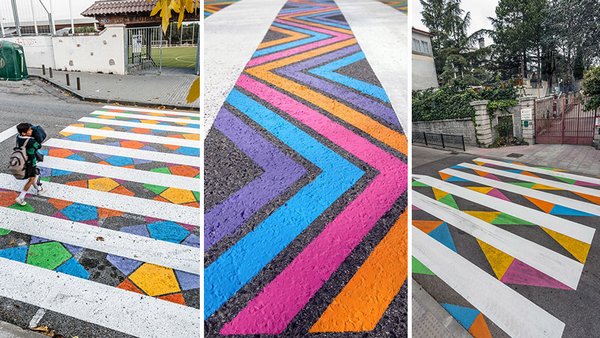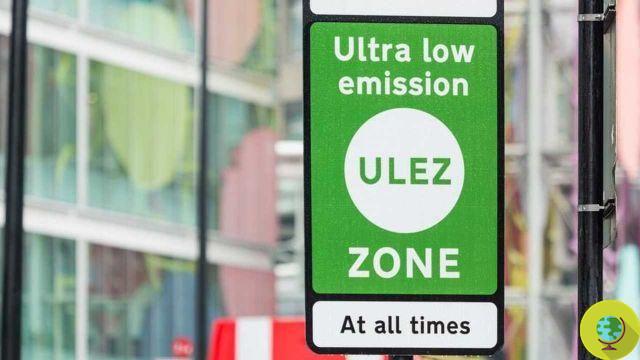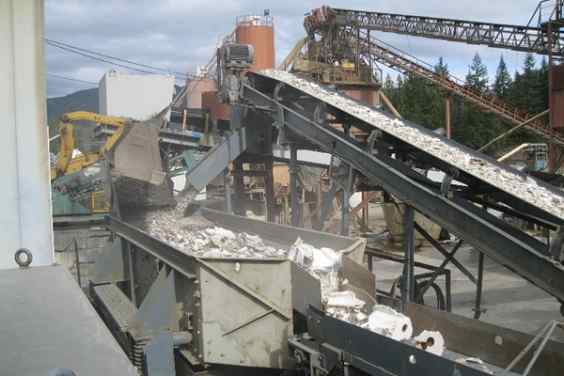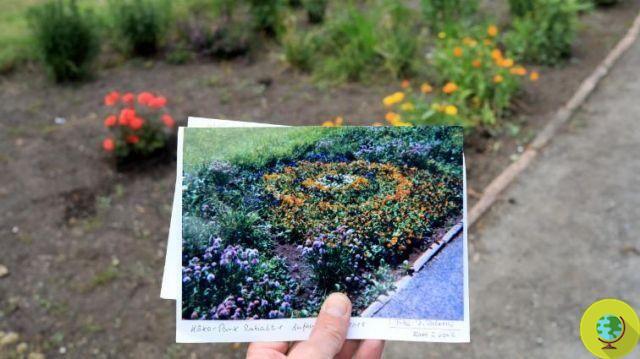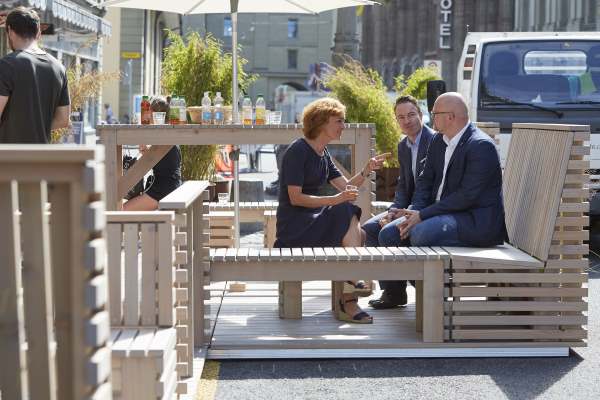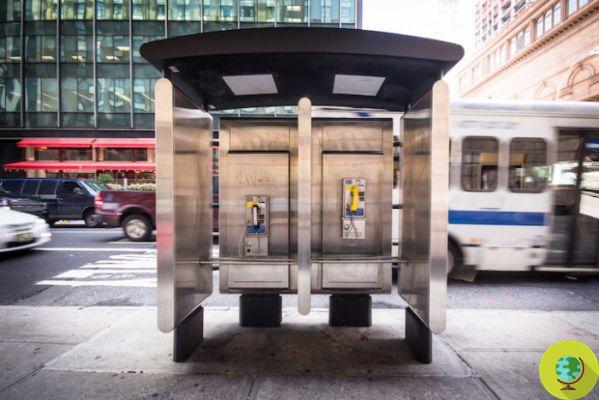
To tackle the problem of potholes, Rome will be the first city in the world to experiment with Ecopave, the new recyclable and highly resistant graphene asphalt. The experimentation will start on via Ardeatina
He is about to end up run over, his mother saves him
To tackle the problem of potholes, Rome will be the first city in the world to experiment with Ecopave, the new recyclable and highly resistant graphene asphalt. The experimentation will start on via Ardeatina
Holes in Rome: between protests and attempts at shelter, graphene technology arrives. On the Ardeatina road, an experimentation with Ecopave will start shortly, an additive to asphalt with graphene that would make the material much more resistant. Pending repair of the damage already done, therefore, a path of prevention seems to be embarked on.
The experimentation in the laboratory had closed successfully, at least according to what was reported by the Municipality of Rome, so the second phase, the road one, started. The asphalt will be "doped" with graphene for one kilometer of the Ardeatina Provincial Road, which will be the first in the world to use this solution.
The advantages? Asphalt could be recyclable multiple times, as well as resistant up to 250% more. In fact, the experimentation also foresees the reuse of 40% of recycled milled asphalt from the old pavement, but above all it seems that from the roads with these additives it is possible reuse up to 100% of their milled asphalt to create the new pavement, avoiding the disposal of the material in landfills.
If all this were true, it would be a great gain for the environment and for the coffers of public administrations, which are increasingly in crisis. In any case, it will take five years to evaluate the technology and actually be able to say that maintenance interventions are reduced (assuming that they are planned and carried out when necessary).
"We are proud to have kicked off, together with Sapienza University of Rome and the Metropolitan City of Rome Capital, the second phase of the experimentation that involves the construction of the first road in the world with Ecopave, a graphene-based supermodifier highly performing and eco-friendly, able to make road pavements more resilient and durable ”, reads the Iterchimica website, partner of the project.
Il graphene has long been under the eyes of scientists as an eco-sustainable material of the future. Resistant, flexible, transparent and excellent conductor, in fact, it lends itself to being used for an extraordinary amount of electronic and technological applications and even as a material for photovoltaics, in which it could replace silicon, an expensive and running out of resource. . In Manchester even a study center on this material, also for road applications (as in the cover image).
But a little caution is required. The environmental sustainability of graphene is in fact still the subject of studies, linked to both health and disposal aspects, especially because, being a material of new generation, long-term guarantees are not yet available.
We hope that this experimentation will give encouraging results for road pavement but also that we will not be “experiencing” the long-term effects.
On graphene read also:
- Graphene: Can Produce Infinite Clean Energy! The new revolutionary study
- How to make graphene from food waste
Roberta de carolis
Photo: University of Manchester





